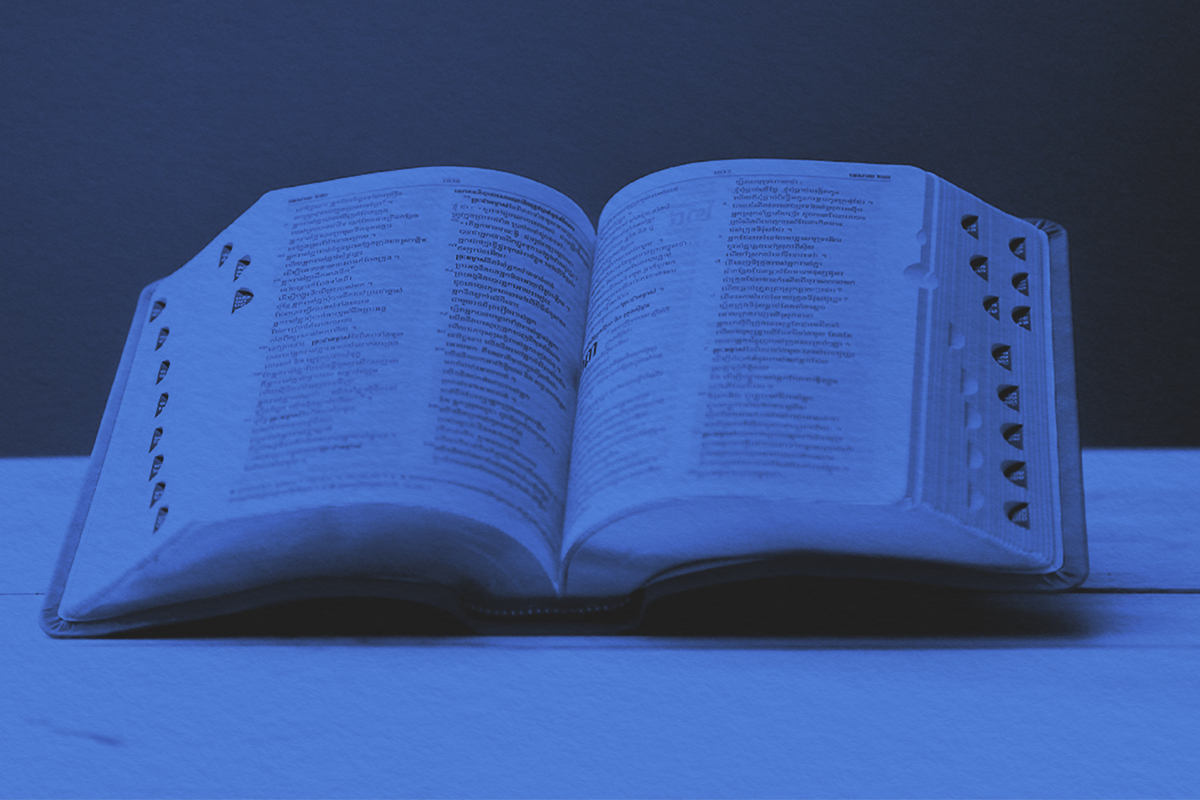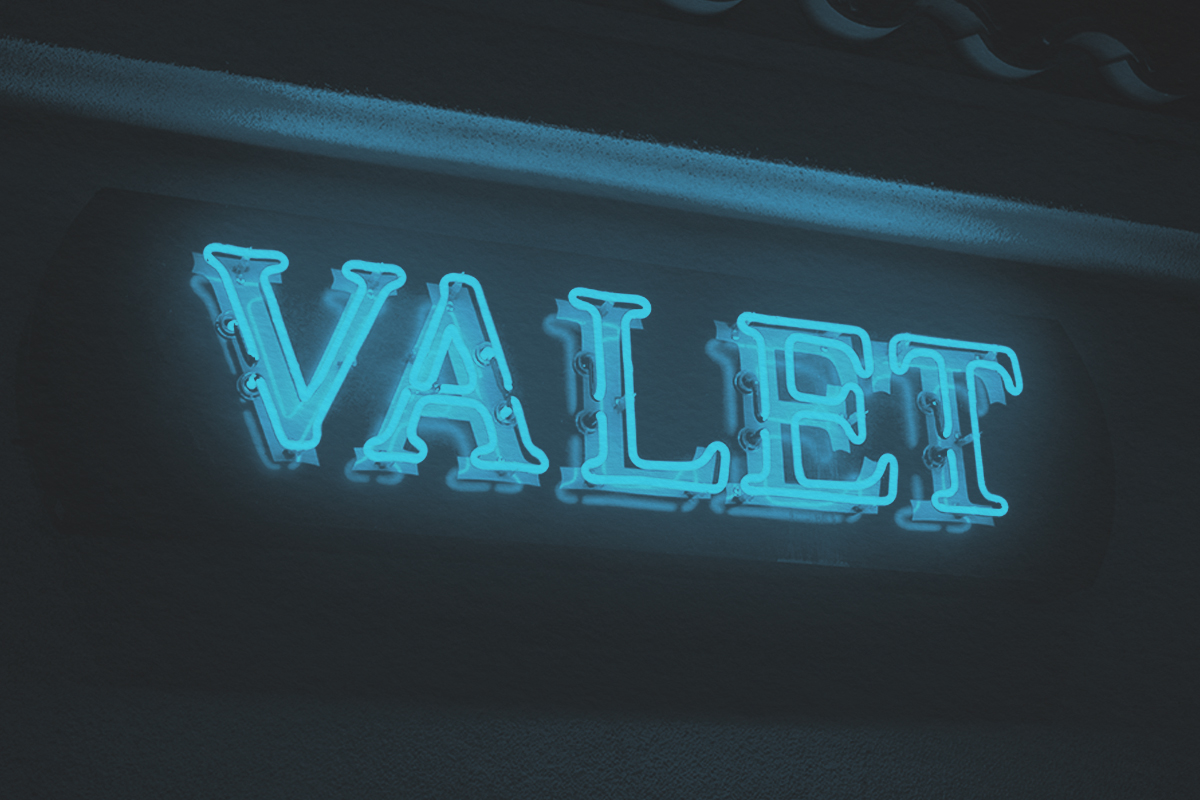
In his 1871 poem “Jabberwocky,” Lewis Carroll famously coined a variety of nonsensical words that essentially sound like gibberish. While Carroll brilliantly came up with those terms on his own, he could’ve simply consulted a dictionary to achieve the same effect. Open any English dictionary and you’ll find a laundry list of words that sound as if they were made up, even though they’re 100% legitimate. Let’s look at 11 of those examples.
Don’t be confused — “bumfuzzle” is a real transitive verb meaning “perplex” or “fluster.” It can also be written as the adjective “bumfuzzled,” defined as being “in a state of bewilderment.” As noted by Merriam-Webster, the word’s earliest use can be traced to 1873, though its precise etymology is less clear. It may be an alteration of other English terms such as “befuddle” and “dumbfound.”
The fantastical term “snollygoster” refers to “an unprincipled but shrewd person.” By the 1850s, it was popular among those in the American South, who used it to refer to politicians in a humorous manner. President Harry S. Truman used the word in a 1952 speech about his colleagues across the aisle, saying, “I wish some of these snollygosters would read the New Testament and perform accordingly.”
No, it’s not a misspelling of the word “friendly,” nor are we discussing your friend Lily. This singsongy term is the adverbial form of the word “friendly” and can be used to highlight how nicely a person is behaving. For instance, you can use it in reference to a kind act: “He pulled me aside and friendlily told me I had toilet paper on my shoe.”
Rabbits hop and horses gallop, but what do deer and gazelle do? They “pronk” — a term borrowed from the Afrikaans language, in which it means “to show off.” Pronking is when a deer, gazelle, or other quadruped jumps into the air with straight legs and an arched back.
From 1996 to 2018, the word “embiggen” was indeed completely made-up. It was coined by the writers of the TV show The Simpsons, appearing in a 1996 episode titled “Lisa the Iconoclast.” In 2018, Merriam-Webster officially added the word to the dictionary, with a definition meaning “to make bigger or more expansive.” Seemingly overnight, the term went from made-up to legitimate.
Merriam-Webster would be the first to tell you that the etymological origins of the word “taradiddle” are impossible to pin down. In fact, someone claiming to know its origins would be spouting a taradiddle, as this word is essentially a synonym for “fib.” It was coined no later than 1796, when it appeared in print in a book about colloquial speech.
To many Americans, “wabbit” is what comes out of Elmer Fudd’s mouth when he sees Bugs Bunny. But to the Scottish, it’s a term meaning “weary” or “exhausted.” It’s derived from the earlier Scots term wobart, meaning “withered” or “feeble.”
While Mary Poppins may have flown using a “brolly” in her native England, umbrellas are rarely called that here in the U.S. Instead, Americans have been using a different whimsical slang term for umbrellas since the late 1800s: “bumbershoot.” According to Merriam-Webster, the bumber- prefix is likely an alternation of the umbr- prefix.
“Crapulent” might sound like a new curse word, but this odd term actually means “suffering from excessive eating or drinking.” It comes from the Latin crapula, meaning “intoxication.”
“Fartlek” is a Swedish noun that refers to a period of endurance training in which the runner alternates between sprinting and jogging. The fart- portion is derived from the Middle Low German word vart, meaning “pace,” and -lek comes from the Old Norse leikr, which essentially translates to “game.”
The term “borborygmus” dates back to the 1720s. Odds are, you’d have no reason to use it unless you’re a professional gastroenterologist, as it’s a medical term that refers to the rumbling in your stomach caused by moving gas. To most laymen, it’s essentially a synonym for an upset tummy.

















